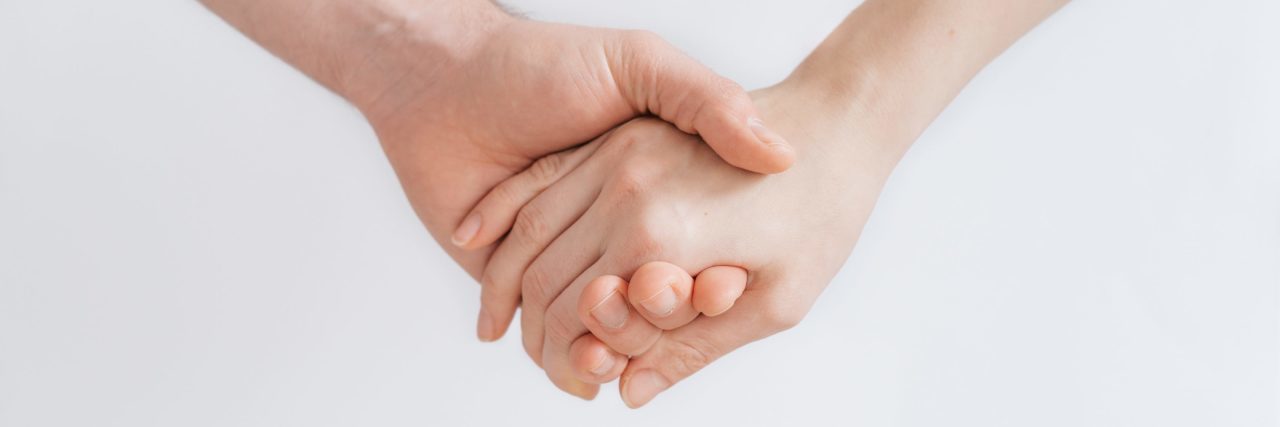Panic attacks are one of the most frightening experiences for those having them and those witnessing them. Panic attacks are an overwhelming fear and rush of anxiety that hits a person, can happen for an unknown reason or a traumatic event and can occur at any place, at any time. Many who are unqualified or inexperienced with how to deal with them and often exacerbate the involvement even further. Below, I have created a list to help a friend or family member who is experiencing a panic attack in your presence.
1. If you witness a panic attack, do not panic yourself.
This will only impair your judgment, exacerbate the person’s fear further and can interrupt breathing. It can also place extra stress on them, heighten fear or even cause a person to faint.
2. Call 911 or another emergency service if the person has never had a panic attack before.
Many people who have never had a panic attack will not know what is happening, or they will also experience from other conditions such as asthma. It is also stressful to experience it for the first time and it can put more stress on a person to not know what is going on with their body.
3. Ensure that the person is breathing.
Having labored breathing or hyperventilation occur during a panic attack is not uncommon. If the person is standing, it is best to have them sit in a chair and time their pulse until it gets to a normal rhythm. If they fall unconscious, lay them on the ground to avoid in the recovery position any injury.
4. Ask “grounding” questions.
It is safe to say that people having panic attacks are scared, so one of the best ways to get their attention is to ask them questions, to turn their attention from whatever caused it. These are called grounding questions. It is important that the questions aren’t overwhelming, and they are things that the individual can answer easily as confusion often comes with panic attacks. They should be things like, “What is your name?” or “What is your favorite color?” If the individual is still struggling, try yes or no questions that are easier for them to answer. Giving them time to answer is also imperative, since flooding them with too many questions can also overwhelm them.
5. Ask if the individual is OK with being touched.
Many people have panic attacks because of things like post-traumatic stress disorder (PTSD) or from sexual assault and many other reasons. During these, touching them can only exacerbate the attack. Ask if they would like to be touch, in front of them and their line of sight, and if they consent, take something like their hand until they initiate further contact. If they disagree, ask grounding questions until they calm themselves and their breathing returns to normal.
6. Do not leave the person alone.
Being alone in panic attacks is frightening, so it is important to remind the person they are safe where they are, and they are not alone. You do not know the person’s trigger or what could have started the attack. Leaving them alone could intensify it.
7. Do not say triggering phrases like, “Calm down,” or “Stop overreacting.”
These have been proven to escalate panic attacks further since individuals feel people do not understand what they are dealing with, isolating them from everyone around them. Even if a person is physically next to someone having an attack, if they are unresponsive, it will not help the attack subside.
Panic attacks do not have to be overwhelming for someone who is helping an individual work through them. They can happen at any place at any time for a number of reasons and do not discriminate against race or gender. Education is vital in helping a friend or family member work through them.
We want to hear your story. Become a Mighty contributor here.
Photo by Roman Kraft on Unsplash

